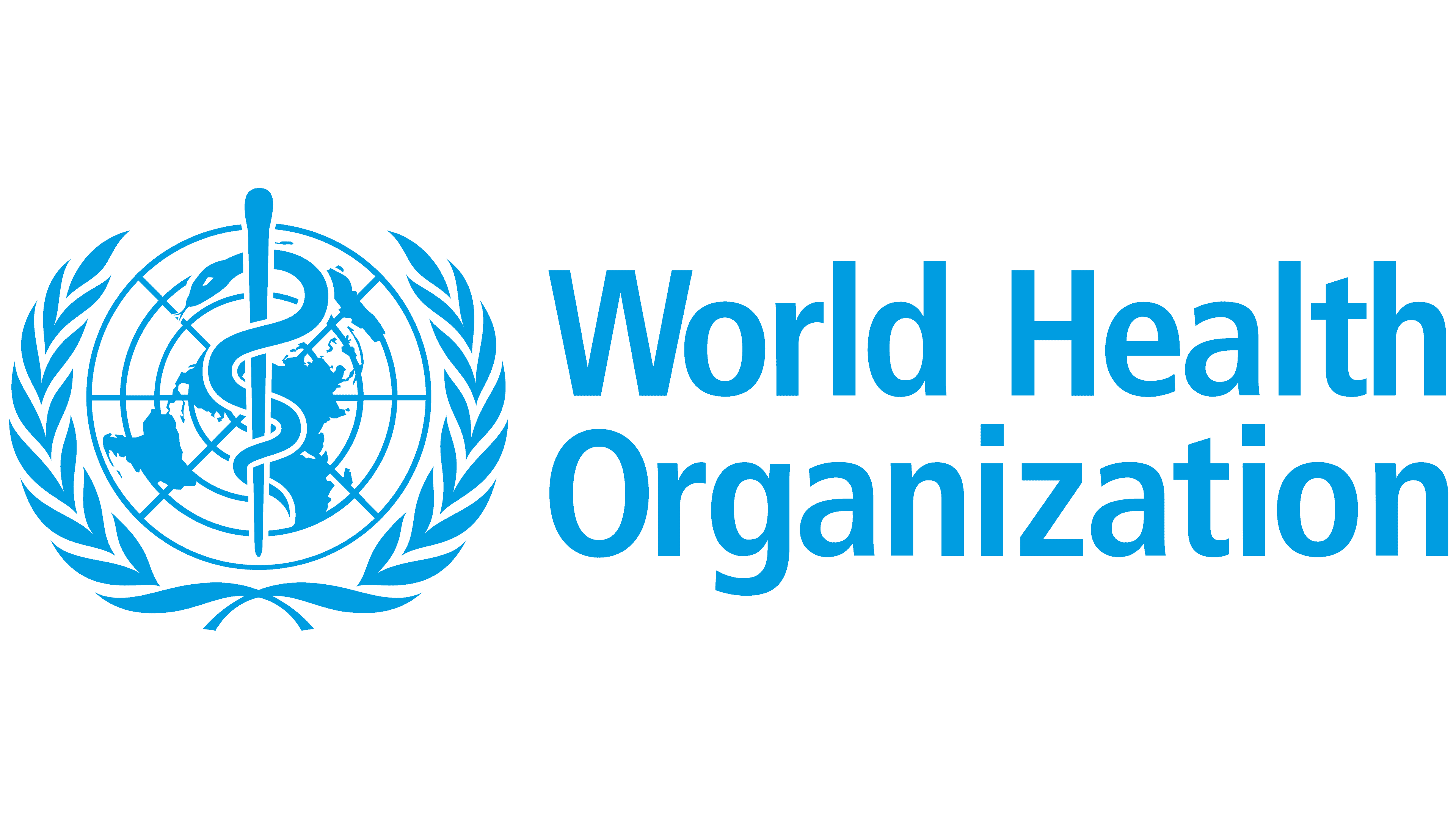GIDEON delivers integrated infectious disease intelligence, combining disease tracking, up-to-date outbreak surveillance, pathogen identification features, and interactive diagnostic tools for epidemiologists and point-of-care diagnoses.
Get a free book sample
Fill in your information and the book will be sent to your email in no time











